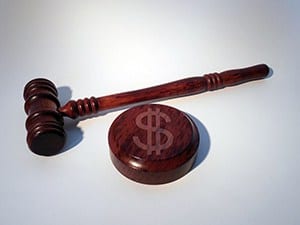PLEASE NOTE: THIS INFORMATION MAY NO LONGER BE RELEVANT AS THE EVICTION MORATORIUM ENDED IN 2020.
Do you owe thousands of dollars in unpaid rent due to COVID-19? Read below to see how Chapter 7 bankruptcy can help discharge past due rent. It’s expensive to live in the state of Florida since rent takes a hefty chunk of an individual’s total income. Therefore, it is not unusual for many Florida tenants to be behind in their rent while some teeter on the verge of eviction. To make matters worse, evictions are currently soaring nationwide due to the coronavirus crisis.

